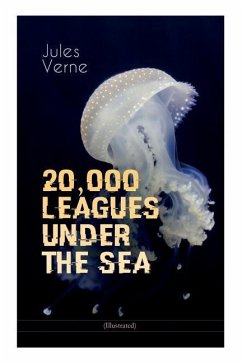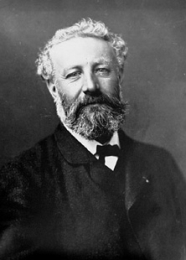In '20,000 Leagues Under the Sea, ' Jules Verne masterfully weaves a tale of adventure and discovery beneath the waves, utilizing a compelling narrative style that combines poetic prose with a scientific realism characteristic of the 19th century. The book delves into the journey of Professor Aronnax, his servant Conseil, and the Canadian whaler Ned Land, who encounter the enigmatic Captain Nemo and his submarine, the Nautilus. Richly illustrated and replete with meticulous detail, Verne's work not only entertains but also serves as a prescient exploration of humanity's relationship with nature, technology, and the unknown, reflecting the burgeoning interest in marine science and exploration during the Victorian era. Jules Verne, often hailed as one of the fathers of science fiction, was deeply influenced by the scientific advancements of his time, including the advent of submarines and deep-sea exploration. His own passion for travel and adventure, combined with his fascination for the mysteries of the ocean, inspired him to craft this groundbreaking narrative that continues to resonate with readers. Verne's innovative ability to blend imaginative storytelling with accurate scientific elements positioned him as a visionary in literature. I wholeheartedly recommend '20,000 Leagues Under the Sea' to anyone seeking a thrilling voyage into the depths of the ocean and a profound reflection on human ambition. This timeless classic not only captivates the imagination but also invites contemplation on the ethical implications of technological progress, making it a crucial read for both literature enthusiasts and those curious about the intricate tapestry of human exploration.
Bitte wählen Sie Ihr Anliegen aus.
Rechnungen
Retourenschein anfordern
Bestellstatus
Storno










